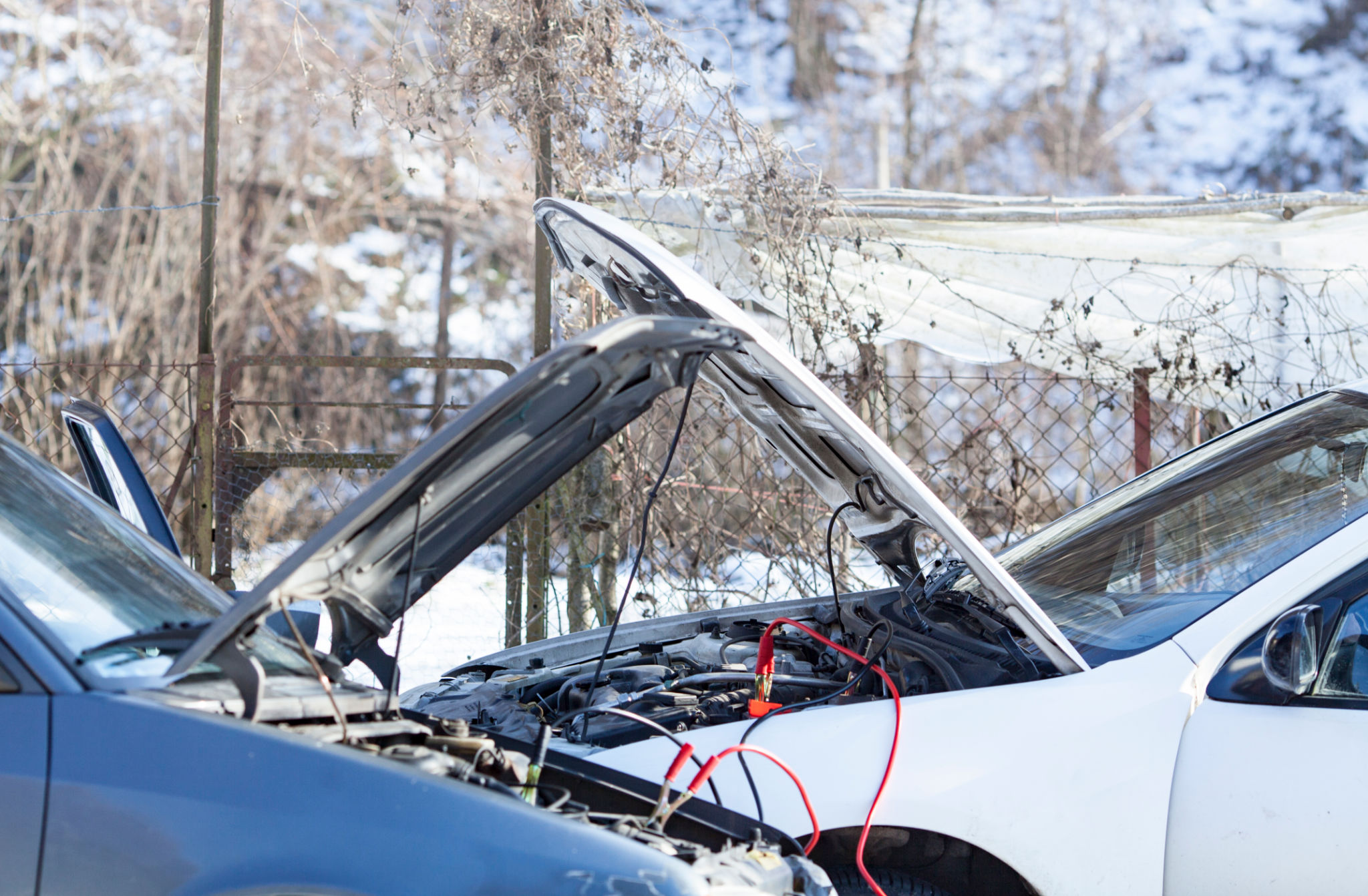Preparing Your Car for Winter: Essential Tips for UK Drivers
Check Your Battery
As temperatures drop, your car battery's performance can be significantly affected. Cold weather can reduce the battery's capacity, making it harder for the engine to start. It's crucial to check your battery's health before winter sets in. Look for signs of corrosion on the terminals and ensure that the battery is securely mounted. If your battery is more than three years old, consider having it tested by a professional to ensure it's in good working condition.

Inspect Tyres and Tread Depth
The condition of your tyres is vital for safe winter driving. Ensure your tyres have the correct tread depth; the legal minimum in the UK is 1.6mm, but 3mm is recommended for optimal safety during winter months. Also, check the tyre pressure regularly, as cold weather can cause it to drop. Consider investing in winter tyres if you frequently drive in snowy or icy conditions, as they provide better grip and traction.
Don't Forget the Spare
It's easy to overlook, but make sure your spare tyre is also in good condition. Check its pressure and tread depth, and ensure you have all necessary tools to change a tyre if needed. A well-maintained spare can be a lifesaver in an emergency.

Top Up Fluids
Winter weather can be particularly harsh on your car's fluids. Check and top up your oil, coolant, and brake fluid levels. It's also important to use a winter-grade washer fluid that won't freeze in low temperatures. This ensures your windscreen remains clear of snow, salt, and grime while driving.
Antifreeze Is Key
Make sure your engine's coolant has the correct mixture of antifreeze and water. A 50:50 mix is generally recommended, but always refer to your vehicle's manual for specific guidelines. Antifreeze prevents the engine from freezing and protects against corrosion.

Prepare an Emergency Kit
Even with all precautions, winter driving can be unpredictable. Prepare an emergency kit that includes essentials such as a first aid kit, blankets, a torch with extra batteries, a shovel, and non-perishable snacks. Also, consider adding some extra clothing and a basic tool kit.
Don't Forget the Basics
Include items like jump leads, a tow rope, and an ice scraper. Having these items readily available can make a significant difference if you find yourself stranded or in need of assistance during harsh weather conditions.

Check Wipers and Lights
Visibility is crucial during winter months when daylight hours are shorter. Ensure your windscreen wipers are in good condition and replace them if they leave streaks or squeak. Check all lights, including headlights, brake lights, and indicators, to ensure they are working correctly and replace any faulty bulbs promptly.
Clear Snow and Ice Before Driving
Before setting off on a journey, make sure all snow and ice are cleared from your car, including the roof. This not only improves visibility but also prevents snow from falling onto the windscreen or other vehicles while driving.